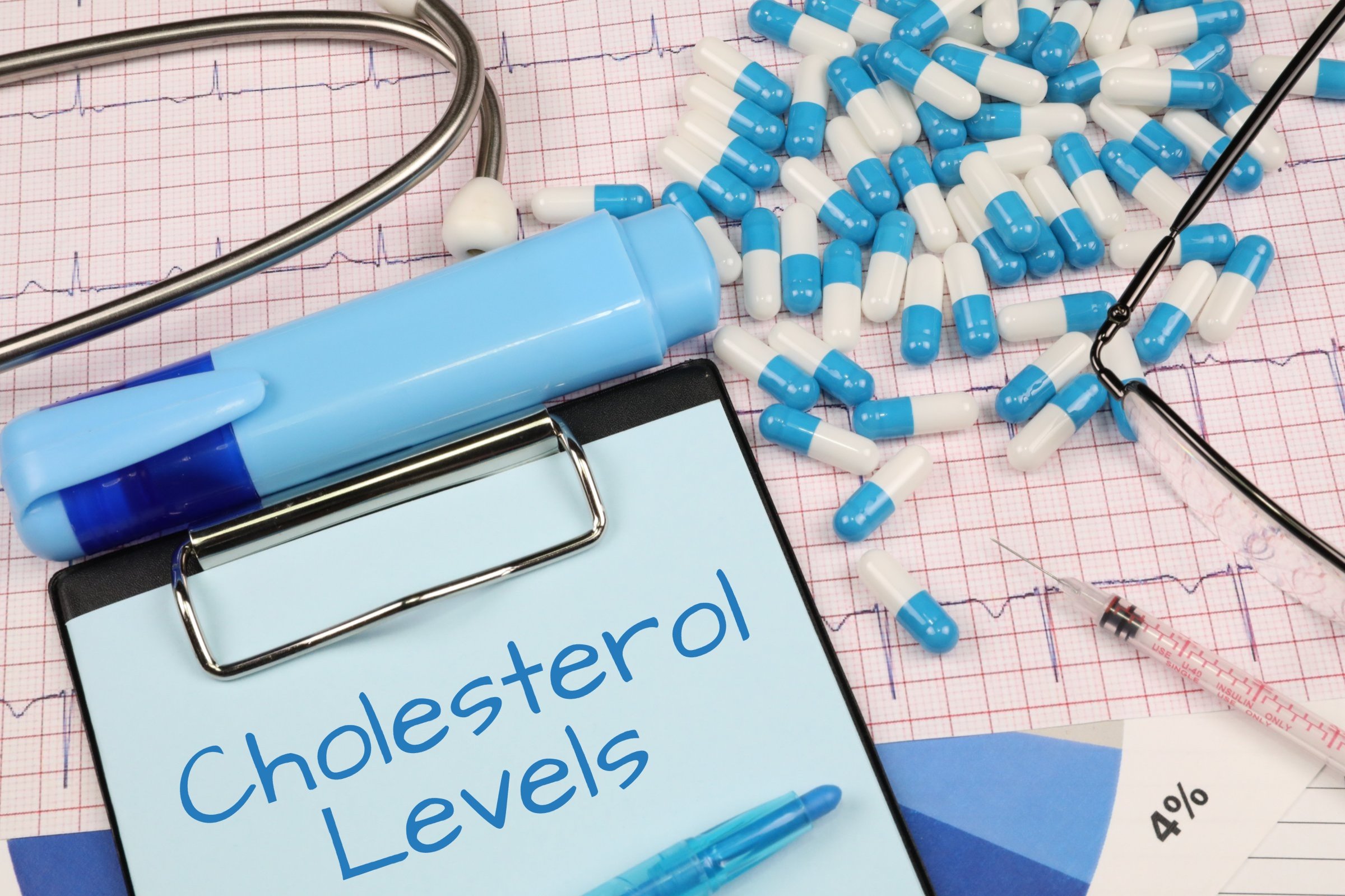Cholesterol is a type of lipid (fat) that is found in the body and is necessary for many biological functions. It is an essential component of cell membranes, helps to produce hormones, vitamin D, and bile acids, and aids in the digestion of fats.
Cholesterol is carried in the bloodstream by two types of lipoproteins: low-density lipoprotein (LDL) and high-density lipoprotein (HDL). LDL cholesterol is often referred to as “bad” cholesterol because it can build up in the walls of arteries, leading to atherosclerosis, which is a hardening and narrowing of the arteries. On the other hand, HDL cholesterol is often referred to as “good” cholesterol because it helps to remove excess cholesterol from the bloodstream and arteries.
Elevated levels of LDL cholesterol in the bloodstream can increase the risk of heart disease and stroke, while higher levels of HDL cholesterol can help protect against these conditions. Therefore, it is important to maintain healthy levels of cholesterol through lifestyle changes such as a healthy diet, regular exercise, and avoiding smoking and excessive alcohol consumption. In some cases, medication may also be prescribed to help manage cholesterol levels.



